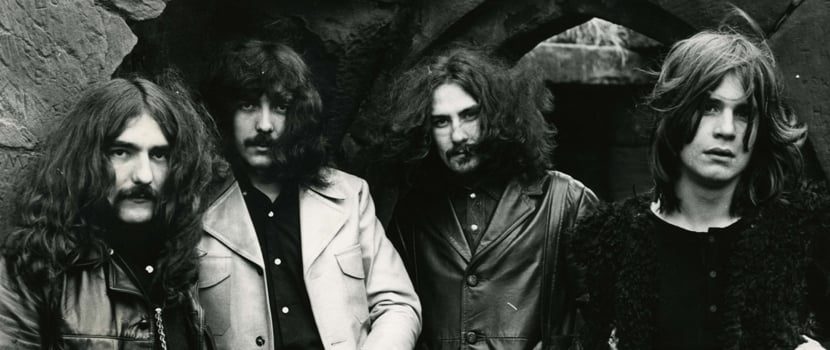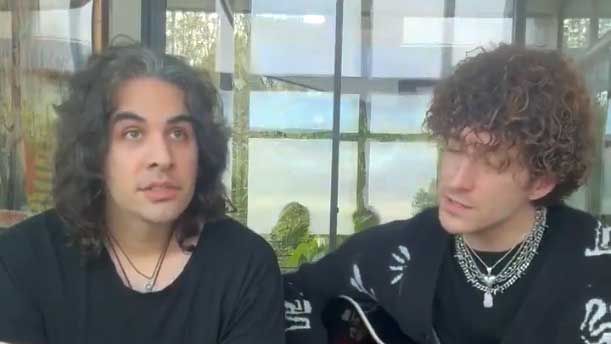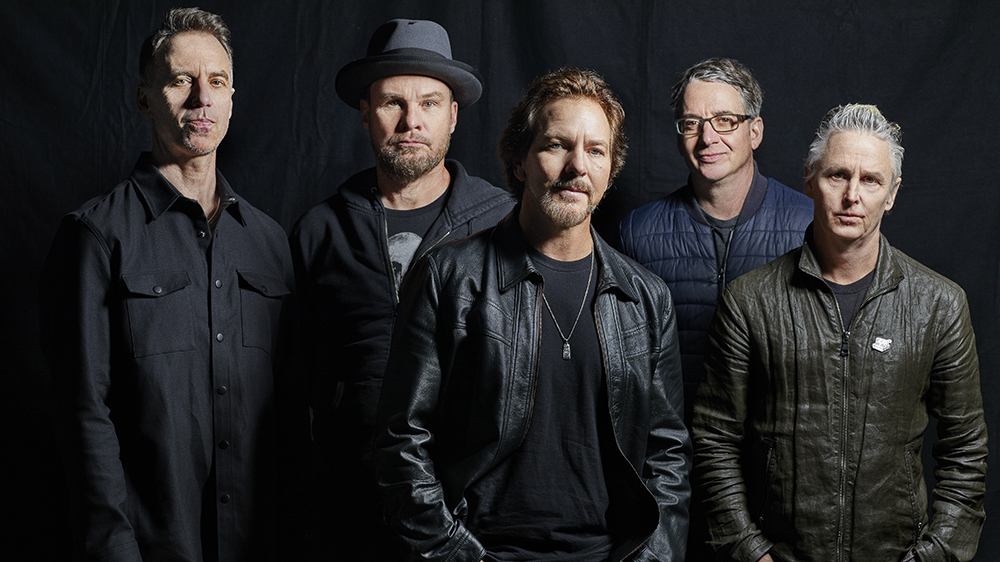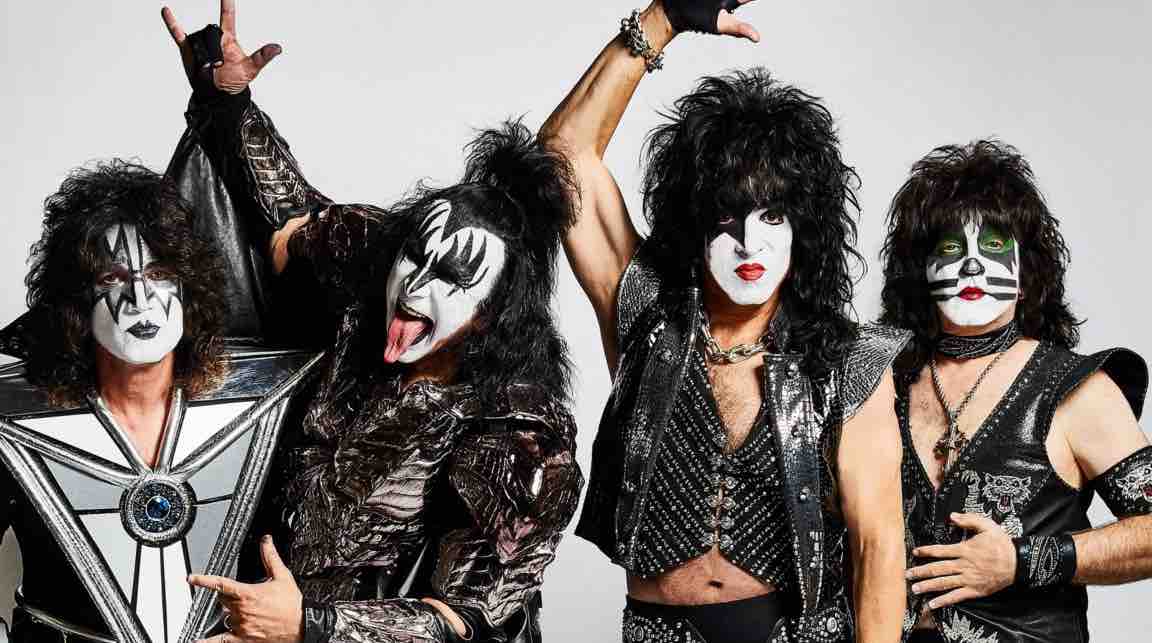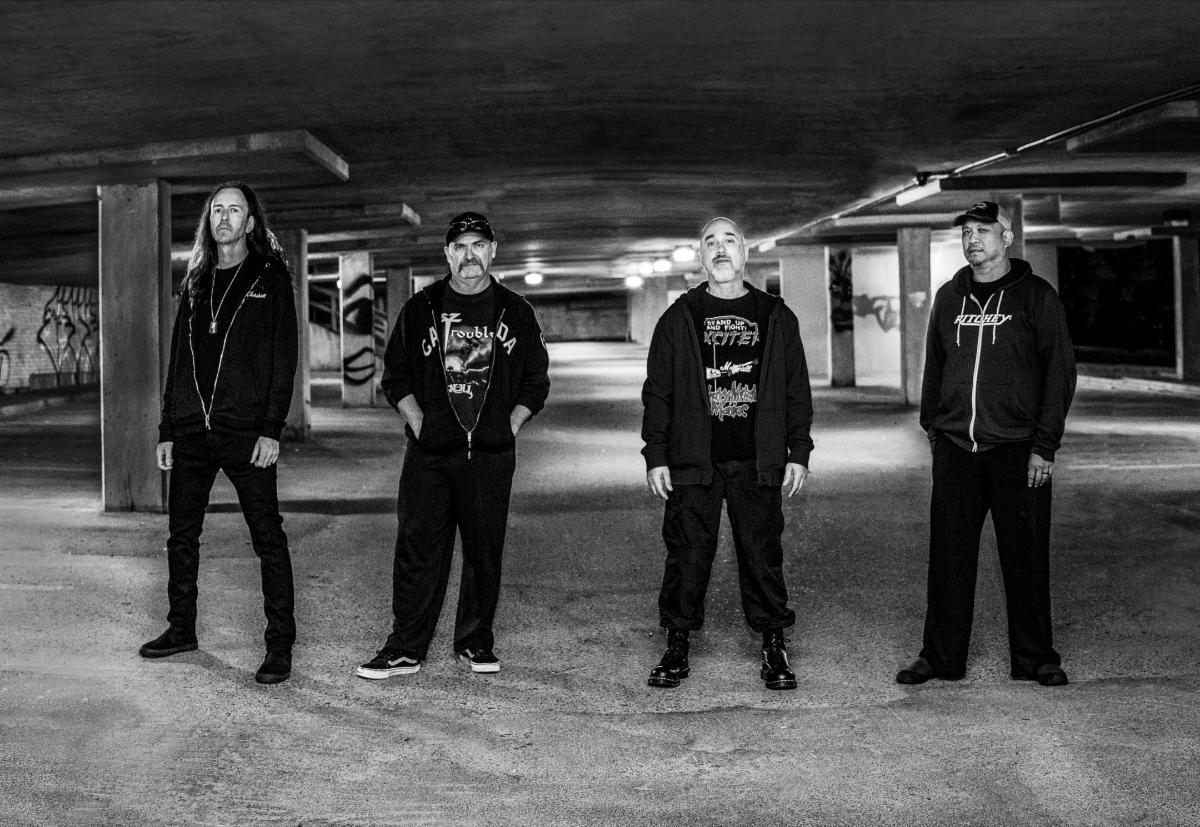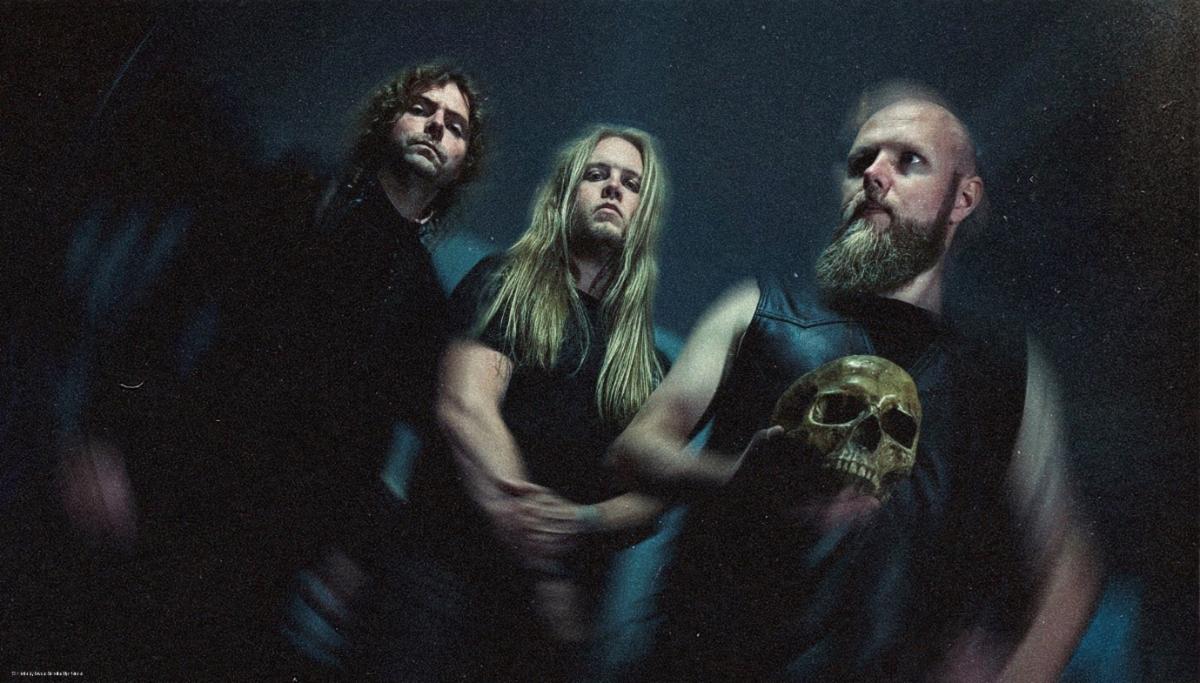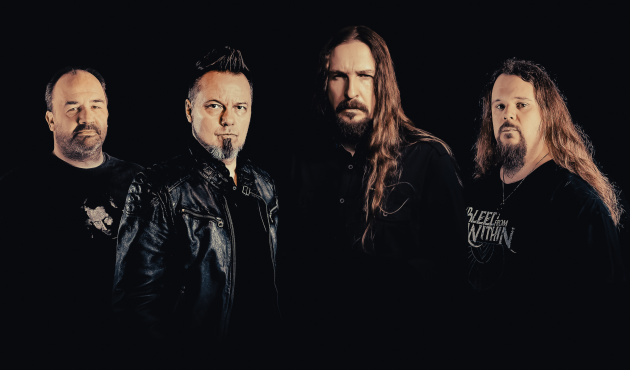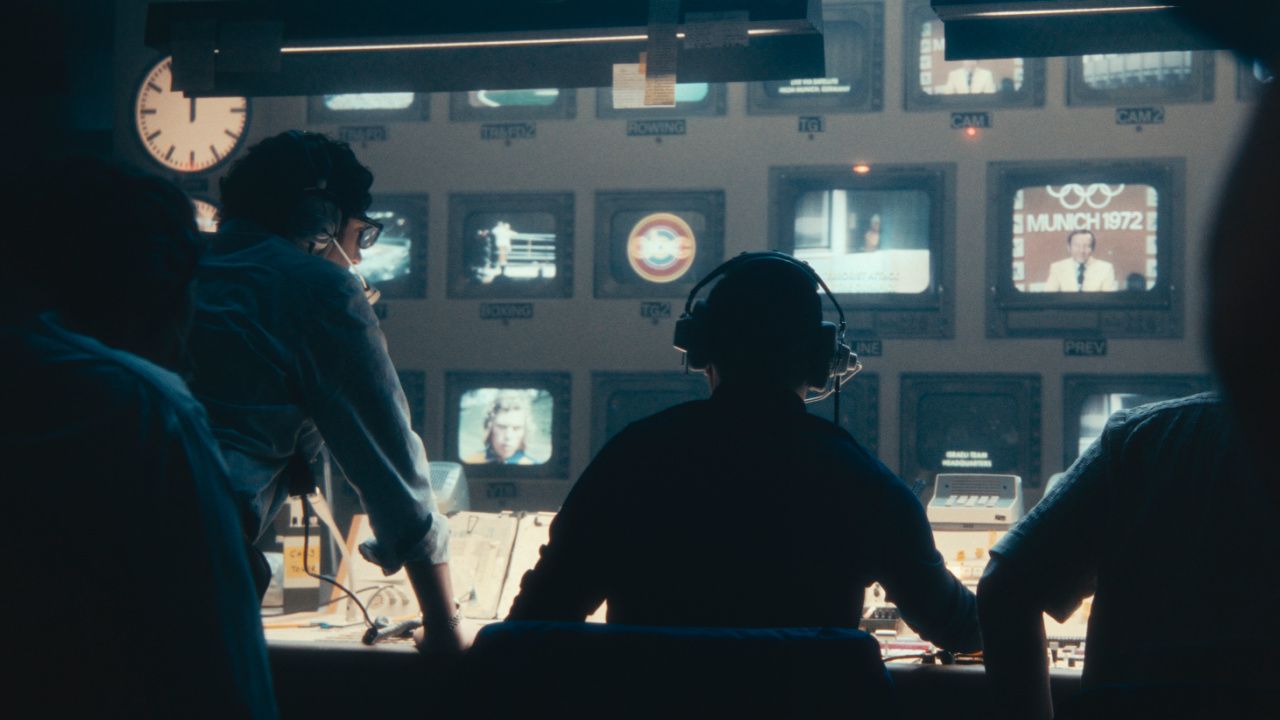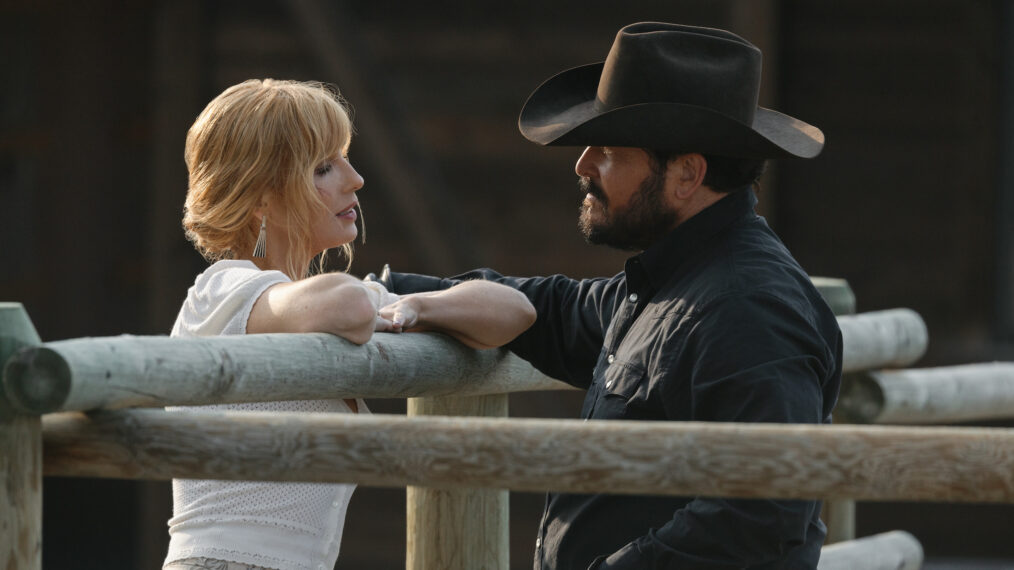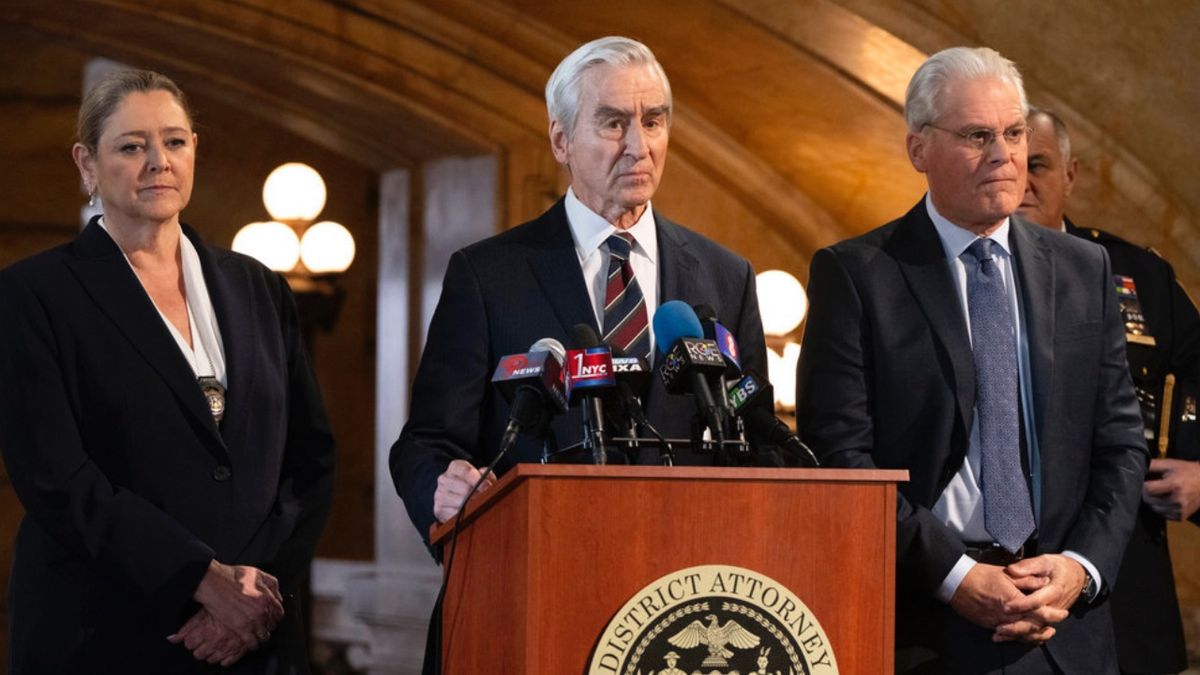Born in Okinawa, Japan, in the year 2000, singer-songwriter YU-KA spent her early years in America and Switzerland. At age 15, she took up the acoustic guitar, and she started writing her own songs at age 17. She began truly throwing herself into music upon winning a special award in a movie theme song-writing audition. “Hoshizukiyo,” which she released in February 2023, took the No. 1 spot on Billboard JAPAN‘s “Download Songs” chart, making it her biggest hit.
The title track of her latest EP, Sunshade, was produced by ONE OK ROCK’s Toru and is the theme song of the TV series Smiling Matryoshka. The 24-year-old musician is equally focused on both her musical activities in Japan and overseas, bringing a separate mentality to each. Billboard Japan recently had the opportunity to talk to her about her latest release, an encapsulation of where she is now.
What’s the concept behind the Sunshade EP?
YU-KA: When I wrote my first album, Brighter, a lot of the lyrics I wrote were really grand in scale. The most popular song on the album, “Hoshizukiyo,” was a soaring love song. With the new album, I wanted to make something more personal. I wanted to write lyrics about love at a one-to-one level — the level of “me and you.” The artwork reflects that, too. I’m not wearing some sort of gorgeous costume, just a T-shirt. It’s made up of natural photographs taken in everyday settings, cut and pasted together like a patchwork. I wanted to give it that handmade, unadorned feel.
I just followed my heart wherever it led in writing “forget-me-not,” and I think it brings me back to my natural roots. The lyrics to “Clouds” are all in English, and I feel like that song ties in to my indie days. At the time, I was doing a lot of live shows, trying a lot of new things, like using a looper and matching English lyrics with simple chord progressions. I think the song’s sound is connected with that point of my life. On the flip side, I was re-examining J-pop when I wrote “Sunshade”, “Tsuraikurai,” and “One more time.” I like both Western music and J-pop, and I wanted to write music that lies somewhere in-between, but I also took on new challenges by working in the vein of J-pop.
Do you have different aims when you’re singing in English than when you’re singing in Japanese?
YU-KA: I rely a lot on whatever words the melody and the music bring out of me. Especially when I’m co-writing overseas, I tend to write the lyrics using words that I’m drawn to, or words I want to sing because of how they sound. With English, I find that very easy. In “Clouds,” I wanted to use a lot of words, like writing in a diary. You can fit in more words with English than with Japanese, so since I wanted to pack the lyrics in, English was the way to go. Also, I think writing a song like this connects to my own roots and really expresses aspects of myself. The song’s lyrics include “Tokyo” and “scramble crossing,” so even though the song is in English, I think I’ve put in elements that are a true-to-life depiction of my life in Japan.
“Sunshade” has four lines that start with “Ne,” (a Japanese expression that’s similar to a softer version of “Hey”). I found that use of repetition in Japanese to be particularly effective.
YU-KA: In the past, a lot of my songs mixed English and Japanese, but lately I’ve been feeling that just using Japanese alone sounds cool. The “Ne” part of “Sunshade” would have been easier to write if the lyrics were in English, but I focused on writing in Japanese, and, I think, that’s why I was able to come up with those lyrics. I’m particularly fond of that part of the song. Deciding what Japanese to use when working with a smaller number of notes is an interesting process. It’s like writing a waka or tanka (Japanese poems). I enjoyed figuring out how to express myself within those limitations. I think that, through this process, I’ve become able to express things that I couldn’t express before, when I was mixing Japanese and English lyrics.
You wrote the lyrics for both “Tsuraikurai” and “Sunshade,” and Toru from ONE OK ROCK wrote the music, right? I understand that you’ve written with Toru several times in the past, too. What were some takeaways from your latest collaboration?
YU-KA: When I was making my major label debut (“lullaby,” produced by Toru), I was just working like crazy. I didn’t know which end was up. But working with Toru, I always have a wealth of experiences. For example, I’ll go in thinking I haven’t changed but it will open my eyes to how much I’ve changed, or I’ll go in thinking I’ve gotten used to something, and I’ll find myself butting up against a wall.
How did the writing process go?
YU-KA: “Sunshade” is a tie-up song for a TV series. The process of writing a tie-up song involves creating something that goes beyond your own abilities alone, so I feel like it brings a lot out of you. I wanted to make the lyrics a little cryptic, but then I thought that they needed to convey where I was, what I was doing, what I wanted to do. So the lyrics became more and more concrete as I worked on the song. That process of rewriting was also a lot of fun.
You’ve travelled back and forth between Japan and other countries. You grew up in the US and Switzerland, and you travelled to Sweden when making the album. What aspects of Japan, and of other countries, do you like when it comes to environments for creating music?
YU-KA: When I was in Sweden, I was working really fast, making one or two songs a day. It built up my explosive power — my ability to take off running. In Japan, on the other hand, I feel like I spend a lot more working with each song, struggling with how to improve it and constantly making refinements. When I co-wrote with non-Japanese people, I was worried that I’d be overwhelmed and just let myself get swept away, falling by the wayside, but actually the opposite was true — the core parts of me that are constants, and the parts that make me who I am, would remain. I write music before I talk to the people I’ll be working with, so the melody lines and the interactions I have while we’re working on the music are like a self-introduction for me. The way that I needed to instantly introduce myself through my music was a real eye-opener and helped me grow.
You’ve performed at the SXSW for two years running, and you’re an active musician overseas. What kind of musical activities do you want to do in Japan and in other countries?
YU-KA: As an artist, the way I am in Japan and the way I am overseas are like mirror images. When I’m in Japan, the fact that I lived overseas, and the way that experience affects my music, are like a part of my persona. Overseas, the fact that I’m Japanese and listen to J-pop sets me apart. I think that going back and forth between those two environments makes my own musical sensibilities more clearly defined.
Going back and forth between Japan and other countries, I sometimes ask myself what it means to be true to myself, but I think who I truly am is what comes out of me when I just act naturally. That’s why when I’m overseas, I think of myself as a Japanese artist as I make and perform my music. I want to reach a position that I’m uniquely suited to and to create works that really convey what I intend, to both Japanese and overseas audiences.
—This interview by Reina Murakami first appeared on Billboard Japan

